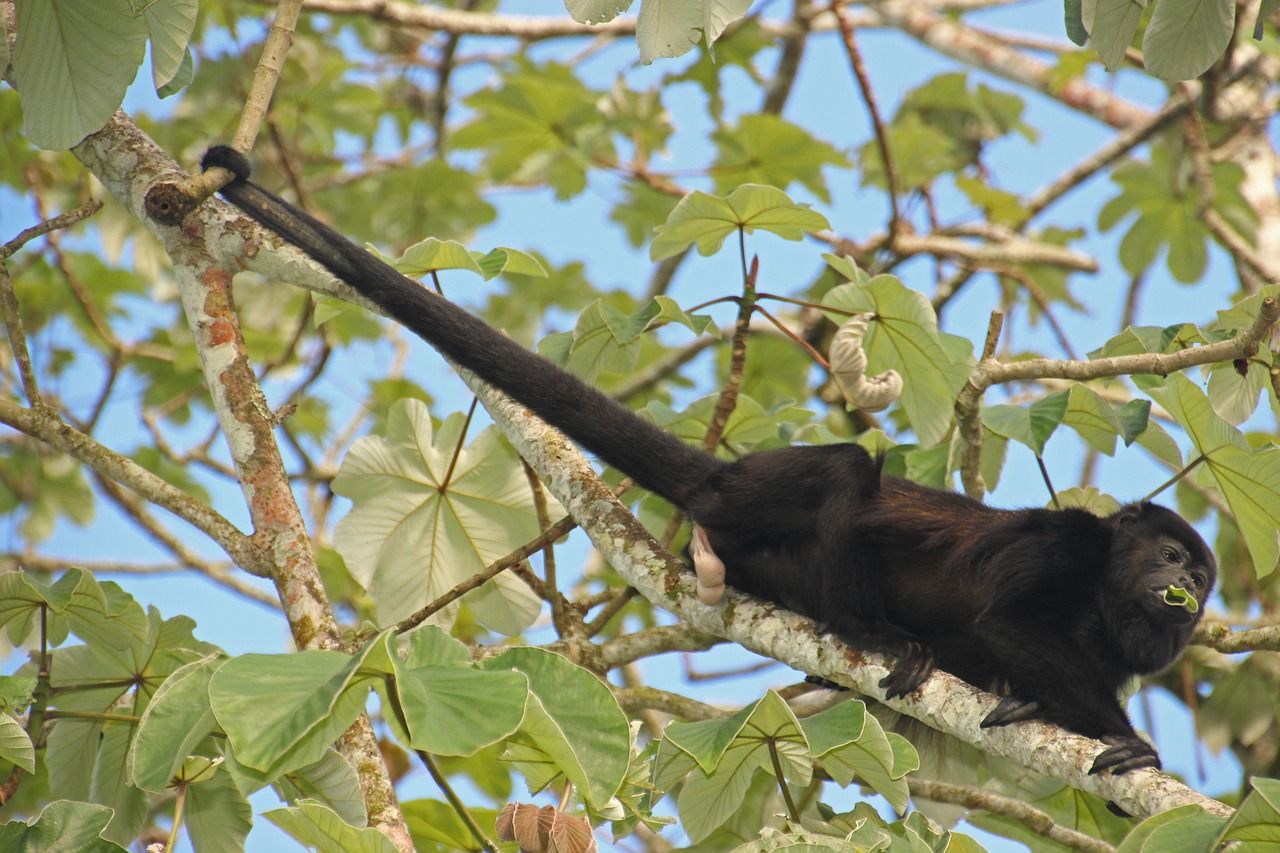Follow us on Google News (click on ☆)
About 25 million years ago, a common ancestor to humans and great apes genetically diverged from tail-bearing monkeys, losing this appendage in the process. A team of researchers has finally identified the genetic mutation responsible for this significant transformation in our physiology. Their study, published in the journal Nature, highlights a unique mutation in the TBXT gene, already known to influence tail length in animals that possess one.

Illustration image Pixabay
This breakthrough is the culmination of the work of Bo Xia, the study's lead researcher, who embarked on this quest after injuring his coccyx. His interest in the origin of this structure led to a major discovery. Itai Yanai, director of scientific laboratories at Applied Bioinformatics at NYU Langone Health and co-author of the study, emphasizes Xia's innovative approach to a topic that has been extensively examined.
Alu elements, repetitive DNA sequences found only in primates, play a key role in this mutation. These "jumping genes" can insert randomly into the genome, modifying or interrupting a gene's function. In the case of the TBXT gene, the insertion of two Alu elements led to "alternative splicing," a process in which the RNA produced by a gene is assembled in a way to generate several different proteins. This specificity allows great apes, including humans, not to develop a tail.
This discovery goes even further. By experimenting on mice, the team observed that introducing these same Alu elements resulted in the loss of their tails. Moreover, the modified mice exhibited an increased prevalence of spina bifida, a birth defect affecting the neural tube, suggesting a link between this genetic mutation and certain pathologies in humans. Additionally, the loss of the tail might have favored bipedalism in humans.

This research opens new perspectives on human evolution and the complexity of our genome, demonstrating the significant impact of mutations previously deemed insignificant.